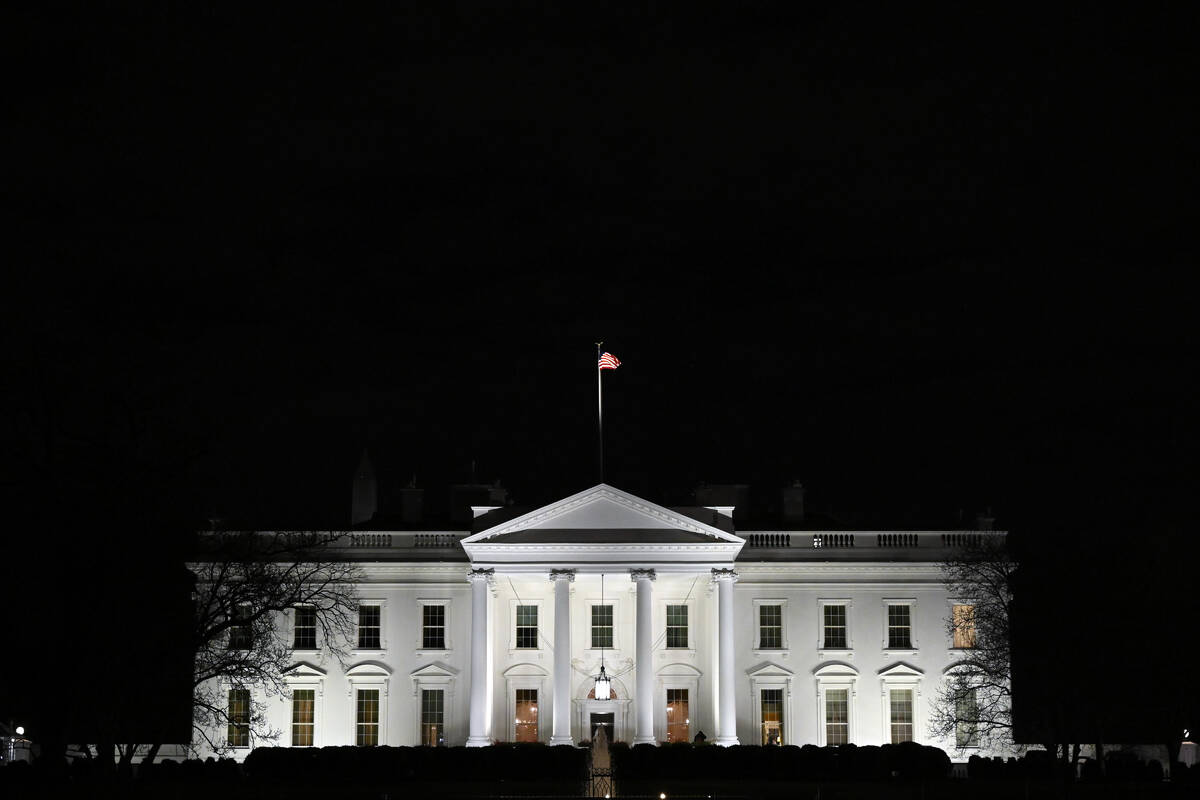EDITORIAL: The Biden debt — nothing to see here
It was only a little more than a year ago that President Joe Biden — desperately seeking to divert attention from rampant inflation — was bragging incessantly about his administration’s deficit-cutting skills.
“My first budget that passed and became law, it cut the federal deficit by $350 billion,” Biden said in April 2022. “We cut the deficit $350 billion. And the budget I proposed this year, if it comes to total fruition, it will cut the deficit by 1 trillion, 300 billion dollars. So when my Republican friends start talking about ‘big spenders’ and the reason why there’s inflation, take a look. Take a look. We’ve cut the deficit drastically. … This year, we’re on track for $1.3 trillion in cuts. And look, that would be the largest debt reduction in American history.”
Of course, the idea of Biden the deficit slayer was pure poppycock. Had the president done absolutely nothing, according to factcheck.org, the deficit would have fallen significantly because of billions in pandemic spending coming off the books. But thanks to the spending binge included in the American Rescue Plan, the red ink flowed virtually unabated under Mr. Biden. “Instead of an $874 billion drop in deficits between 2020 and 2021, the deficit was then projected to drop just $126 billion,” the website noted.
Moreover, last year’s spin is all but forgotten today. Mr. Biden 12 months later instead touts easing inflation, while saying virtually nothing about the debt and deficit — and for good reason.
The Congressional Budget Office estimates that the deficit for fiscal 2023 will hit $1.5 trillion, up from $1.38 trillion in 2022. In addition, the CBO projects that trillion-dollar deficits will be the norm thanks to the current president, before exceeding $2 trillion in fiscal 2030 through 2033.
As GOP congressional adviser David Winston wrote for The Hill in April, Mr. Biden’s spending spree is unprecedented. Instead of presiding over a budget that wound down once-in-a-lifetime COVID spending, the president has kept outlays far in excess of pre-pandemic levels. The federal government spent $4.4 trillion in fiscal 2019, yet is poised to distribute $5.8 trillion in fiscal 2023, a whopping 32 percent increase. By working much of the new red ink into baseline budgets, Mr. Biden has set the stage for annual spending to top $10 trillion.
And as Mr. Winston points out, none of this has anything to do with a lack of tax revenue. “In dealing with the debt and deficit,” he notes, “President Biden has had the advantage of a 43 percent increase in federal tax receipts from 2020 to 2022.” Income tax collections jumped 64 percent over that time, and the corporate income tax take was at a record level.
So where is Mr. Biden, the deficit superhero? Still looking for his cape, obviously. The administration’s fiscal 2024 budget would put the country on the road to surpassing $50 trillion in debt in just a decade. Even the administration’s own optimistic numbers predict average deficits of $1.7 trillion over the next 10 years, according to the Peter G. Peterson Foundation, a fiscal watchdog.
It was barely two years ago that Mr. Biden uttered his famously wrong insight that “there’s nobody suggesting there’s unchecked inflation on the way — no serious economist.” It’s fair to conclude that, whether he’s discussing inflation or the deficit, the president doesn’t know what he’s talking about.

















